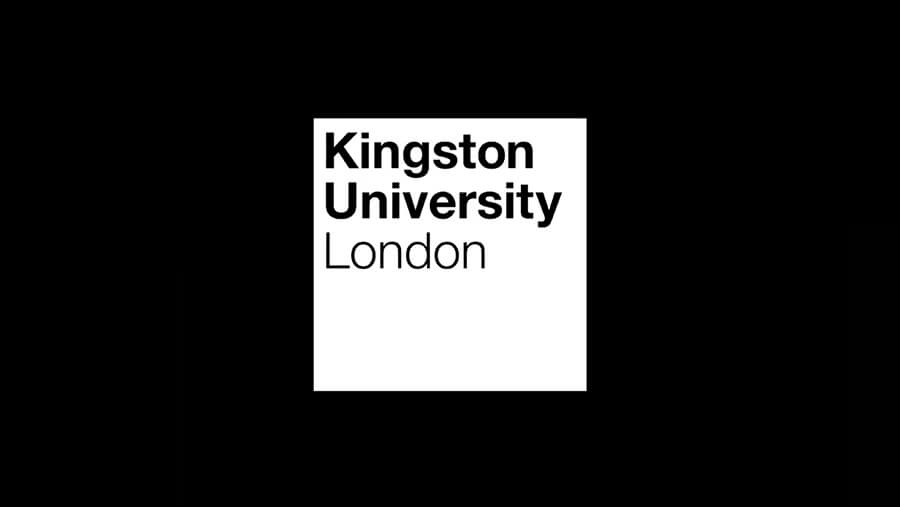How is scientific evidence gathered from a crime scene? How is it analysed and used in investigation? How is it interpreted and presented in court?
This course prepares you for a career as a forensic scientist. Case studies, evidence interpretation, fieldwork and laboratory training cover all aspects of investigating criminal offences. These include crime scene processing, forensic archaeology, drugs, toxicology, DNA profiling, body fluids, entomology, fibres, fire investigation and ballistics.
You'll also have an introduction to criminal law, which includes cross-examination in a Crown Court setting.
Specialist topics include blood pattern analysis (BPA), gunshot residue detection, counterfeits and forgeries, and the analysis of trace evidence. In addition, this course also provides additional industry recognised certificates in BPA, forensic toxicology and DNA profiling at no extra cost.
Reasons to choose Kingston University
- The three-year, full-time course is accredited by the Chartered Society of Forensic Sciences (CSFS) for the component standards in Interpretation, Evaluation and Presentation of Evidence; Laboratory Analysis; and Crime Scene Investigation. When you graduate, you'll be eligible to apply to be an Associate of the Chartered Society of Forensic Sciences. The four-year, full-time including a foundation year route is not accredited.
- We have received four commendations from the CSFS for our cutting-edge forensic technology and the innovative student training programmes.
- Kingston is ranked No.9 in the UK for Forensic Science (Complete University Guide 2023).














